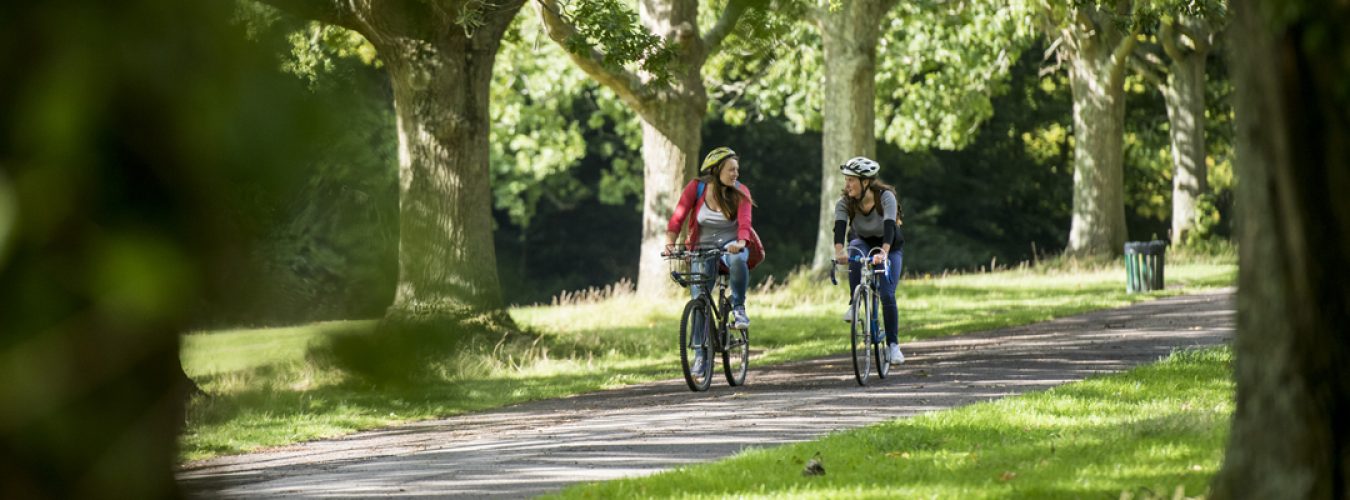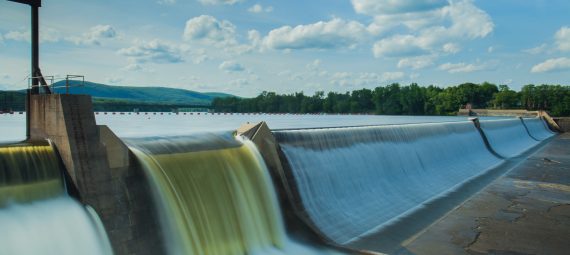Supervisors: Professor Paul Kemp & Professor Paul White
Project Description
The project aims to help develop more environmentally sensitive hydropower for Europe and developing nations (e.g. in South America and Asia) by advancing and translating sensor technology in two key areas. The first focuses on the negative consequences (barotrauma) of fish passage through hydropower turbines due rapid decompression.
In the proposed project, new low cost microsensors developed by project partners (TALTECH, University of Tallin) will be used to quantify conditions experienced by real fish as they pass hydropower dams in the field. Until now, previous assessments of the injury caused by turbine passage has been confined to the laboratory, using hypo-hyperbaric pressure chambers, or by capturing fish assumed to have passed through turbines in large nets at the downstream side of the dam. Currently, there is no quantification of the pressure profile experienced by individual fish in the field and link this to injury experienced. This study will use low-cost microsensors that will enable pressure profiles to be collected for actual fish that pass through turbines in the field.
The second component builds on research in which catchment-scale planning of hydropower systems were strategically developed to enhance sustainability. This involves understanding the trade-off between the benefits of electricity generated and the costs of negative impacts on ecosystems services, principally fisheries. As part of this, the decommissioning of redundant dams have an important role to play in integrated management. Focusing on a dam removal project, sensors will be used to monitor vocalising animals that inhabit wetlands (e.g. frogs, birds, and bats). The response (species richness and diversity) of local fauna to changes in fluvial and wetland habitat will be investigated. The low-cost sensors, referred to as “AudioMoths”, enable a move away from expensive acoustic monitoring equipment that use sound data to measure biodiversity and ecosystem health. Audiomoths are inexpensive and small and can provide sufficient spatial and temporal scale coverage to provide high-resolution evaluations of acoustic landscapes.
The successful applicant will be based at the new University of Southampton Boldrewood Innovation Campus. The campus provides unique high quality working space integrated with world leading laboratories including the National Infrastructure Laboratory, the Maritime Centre of Excellence, the Lloyd’s Register Group Technology Centre, and the Engineering Centre of Excellence. The purpose-built environment houses state-of-the-art facilities used by our engineering staff and students. These include our unmanned vehicles laboratories, fluid dynamics laboratory, metal and wood workshops and a driving simulator. Furthermore, the student will spend a large proportion of time at the Institute of Sound and Vibration Research and at the satellite ecohydraulics facility 2 miles away at the Southampton Science Park. At this facility the University owns a variety of large scale internal and external facilities, including acoustic tanks.
Jobs.ac.uk
Find a PhD
SUSSED
https://jobs.soton.ac.uk/1261220DA
Entry Requirements
A very good undergraduate degree (at least a UK 2:1).
Closing date: 31 August 2020
Funding: tuition fees for EU/UK students and stipend of £15,285 pa for up to 3.5 years.
How To Apply
Applications should be made online, select the academic session 2020-21 “PhD Eng & Env (Full time)” as the programme. Enter Paul Kemp under the proposed supervisor.
Applications should include:
Curriculum Vitae
Two reference letters
Degree Transcripts to date
Apply online: https://www.southampton.ac.uk/courses/how-to-apply/postgraduate-applications.page
For further information please contact: feps-pgr-apply@soton.ac.uk

